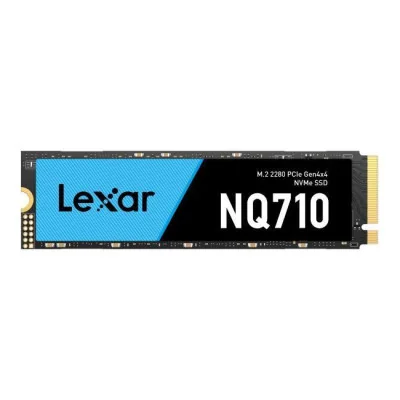
Likutis: 11 Turime. Pristatymas 1-2 d. d.
5TB|USB-C|2,5"|Colour Orange


Darbo laikas I-V 08:00 - 18:00 +370 6 7759 325
Pristatymas į namus nuo: 4.72 €
1 - 3 darbo dienos
Saugus atsiskaitymas
Charakteristikos
Svetainėje naudojami slapukai, siekiant suteikti maksimalų pirkimo patogumą.